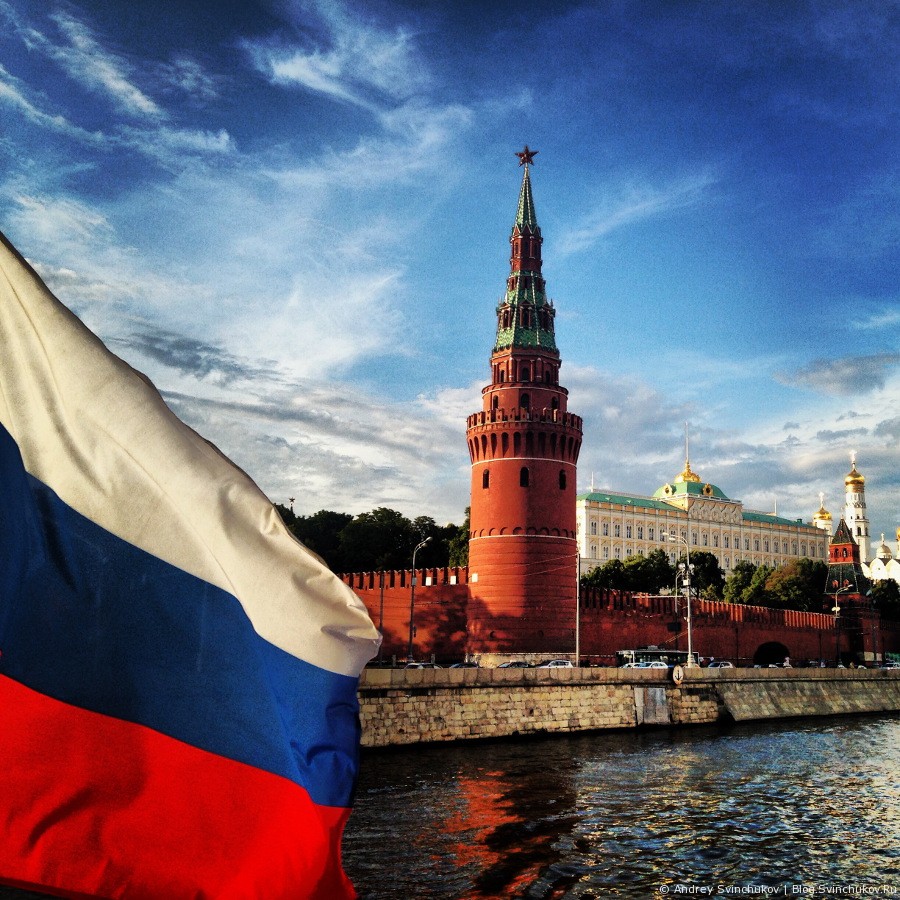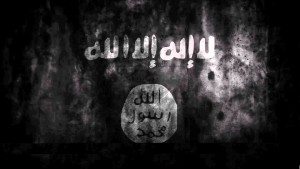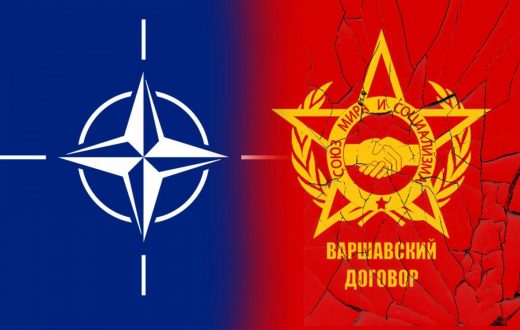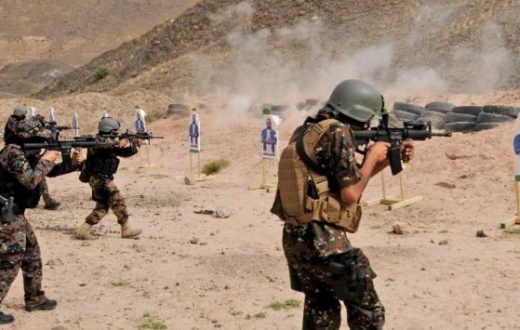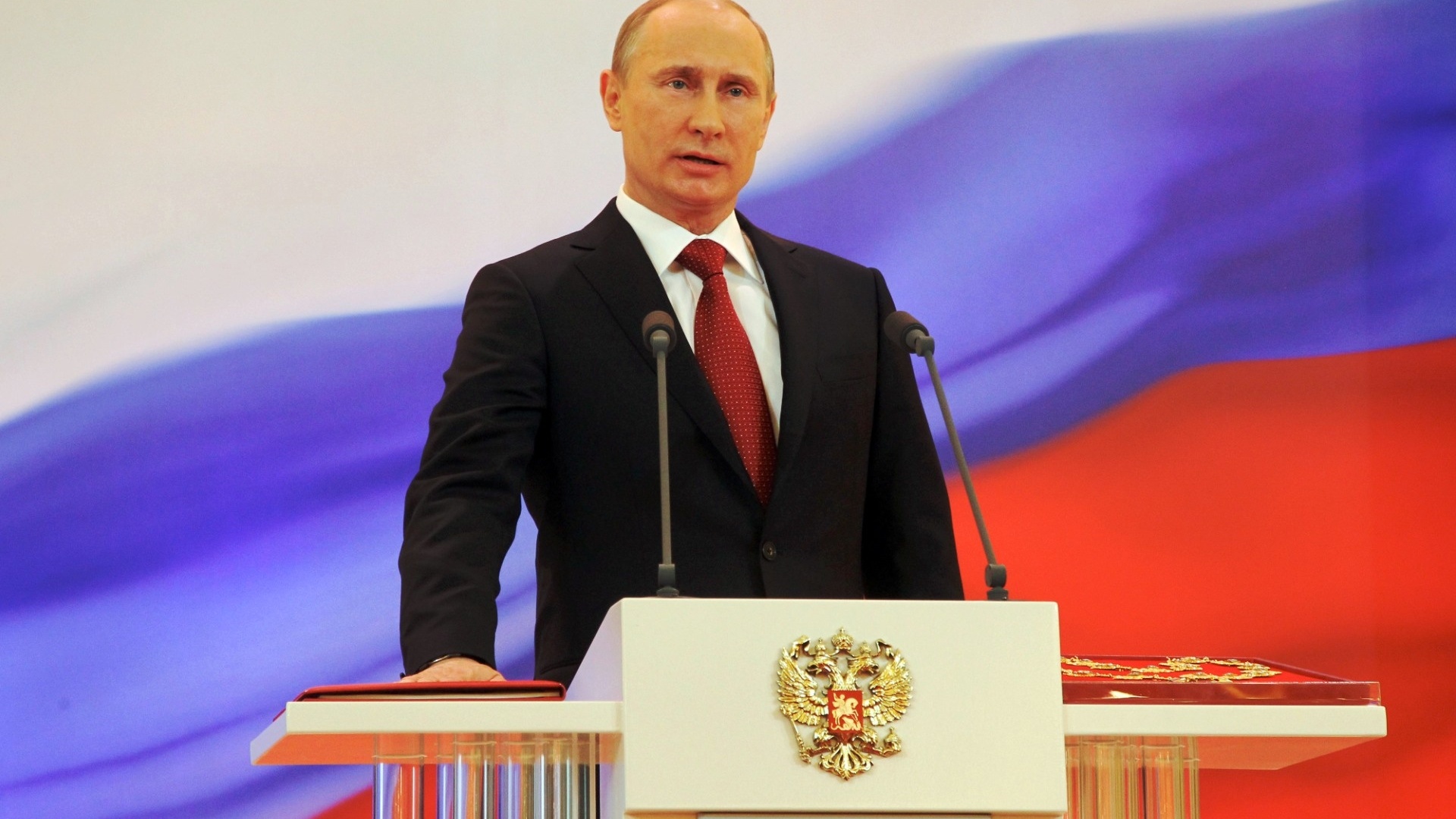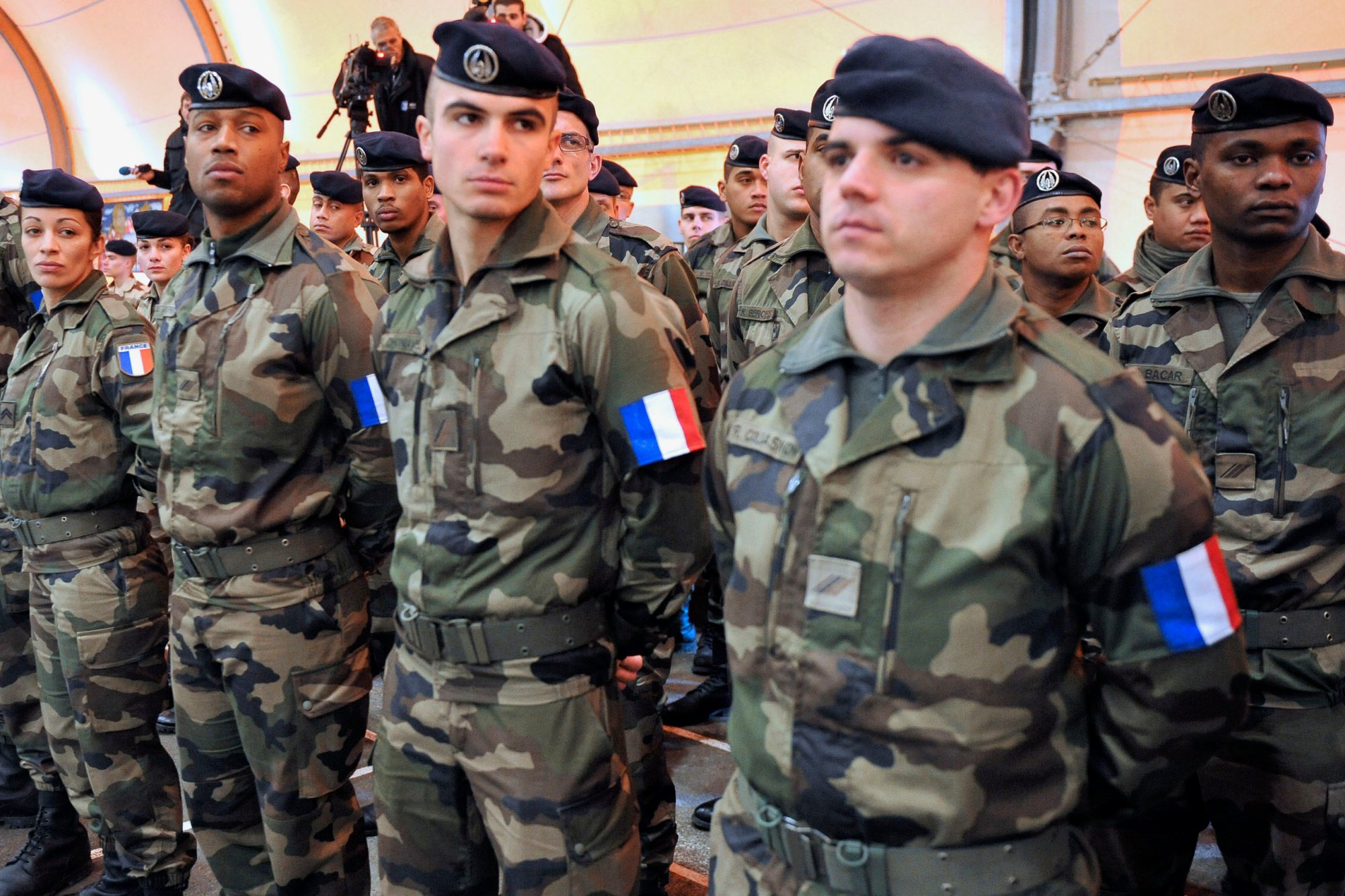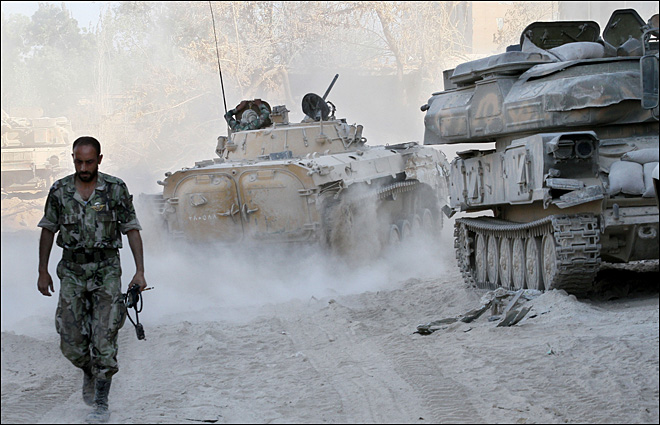Russia’s State Duma, the lower house of Russia’s Federal Assembly, and its Federal Council held an extraordinary session Nov. 20 to discuss issues related to terrorism. It is rare for both chambers to come together in session, let alone for a session to run into the night. The parliamentary meeting follows the release of a new poll showing that 65 percent of Russians fear that the Islamic State will carry out a terrorist attack inside Russia in 2016 — a number up from 48 percent last month.
Analysis
Russia has some experience when it comes to combating terrorism, especially in the Caucasus, but is seeking to expand its remit. Many of the proposals presented during the Nov. 20 session were more stringent penalties for terrorists and those aiding them. The leader of the Just Russia party, Sergei Mironov, even proposed restoring the death penalty — a highly controversial issue already denounced by the Kremlin. Other measures discussed included enhancing security at public events and transportation hubs such as airports and train stations, which have been targets in the past. Historically, Russia’s counterterrorism strategy focused on its own Muslim republics, such as Chechnya and Dagestan. Yet with the current threat emanating from abroad, many Russian lawmakers were quick to propose measures that would revoke travel passports issued to Russian citizens who visit conflict hot spots such as Syria and Iraq.
The FSB has done this before. When now-President Vladimir Putin came in to lead the FSB in 1998, he expanded the agency’s powers to combat threats in the North Caucasus. Since becoming president, Putin has sought to balance the power of the FSB with other intelligence and security services, though given the current risks and circumstances the FSB will probably seek to expand its responsibilities and authority.
Consolidating Power
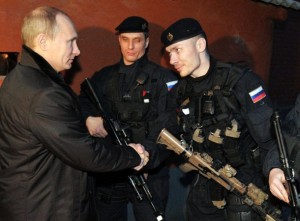
The FSB wants more influence in a number of areas. First, it wants greater control of the Investigative Committee, which is comparable to the FBI in the United States, wielding judicial and police authority. The FSB has greatly influenced the Investigative Committee at times, but now the agency wants formal jurisdiction to influence the Investigative Committee’s actions. Second, the FSB wants more influence over its sister security service branch, the Foreign Intelligence Service (SVR), which oversees intelligence operations outside Russia. The FSB has jurisdiction over threats inside Russia and its borderlands, but because a threat to Russia’s heartland is originating from conflict zones such as Syria, that could give the FSB recourse to insinuate itself into its sister agency. Third, the FSB is highly interested in gaining greater access to Russia’s Chechen Republic. The FSB andChechen President Ramzan Kadyrov have long fought over control of security and intelligence operations in the Caucasus republic, with Kadyrov blocking much of the FSB’s activities in recent years. The death of prominent opposition leader Boris Nemtsov in 2015 did little to improve FSB-Chechen relations. The FSB could easily use the threat of Islamic State infiltration through Chechnya or the Northern Caucasus to expand the agency’s powers in the region.
Another consequence of Russia’s renewed focus on terrorism and external threats manifesting domestically could be another spike in xenophobic or nationalist movements. Nationalism is already at a record high in Russia following the conflict with Ukraine, anti-Russian sanctions enacted by the West, and the Russian annexation of Crimea. The Russian government has expounded these events into strong support for the Russian government, resulting in an approval rating for Putin currently around 89 percent. In the past, nationalist movements quickly turned into anti-Muslim or anti-foreigner sentiments. In 2013, non-state militias formed in the Volga region following a bus bombing. The militias ultimately ended up harassing and assaulting Muslims living in the region. In 2011, tens of thousands of Russians protested in Moscow and other large cities to “Stop Feeding the Caucasus,” a movement meant to pressure the Kremlin to cut federal subsidies to the Muslim Caucasus republics. Currently, the government is framing its newfound focus on terrorism in relation to the Islamic State and the Iraq and Syria battlespace, but this could easily mutate into an anti-Muslim reaction throughout Russia as the country comes to terms with its own history of domestic terrorism.
Beyond the threat of internal or external terrorism, the Kremlin could simply use the blanket reasoning of security as an excuse to increase the monitoring and coercion of opposition groups or other entities flagged as undesirable by the Kremlin. Russia will hold parliamentary elections in 2016, and the Kremlin has been particularly focused on preventing unsanctioned groups and individualsfrom making gains during a time of economic and political uncertainty. The Kremlin’s drive for control was evident during the 2015 local elections, when cities and regions were targeted based on their opposition to the Kremlin, which then swiftly derailed anti-government campaigns and movements before they could gain traction.

